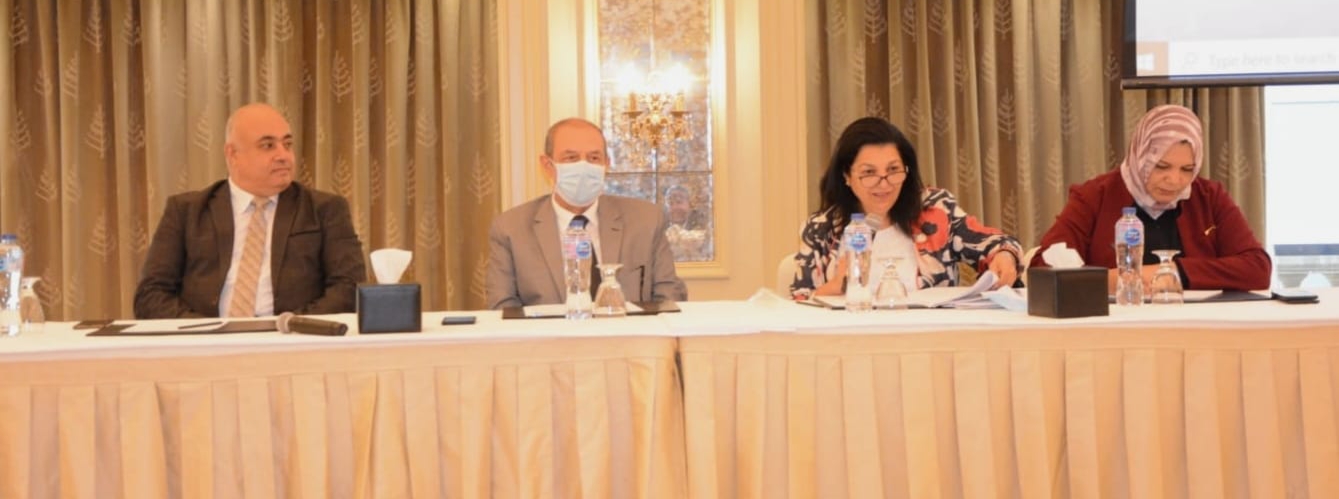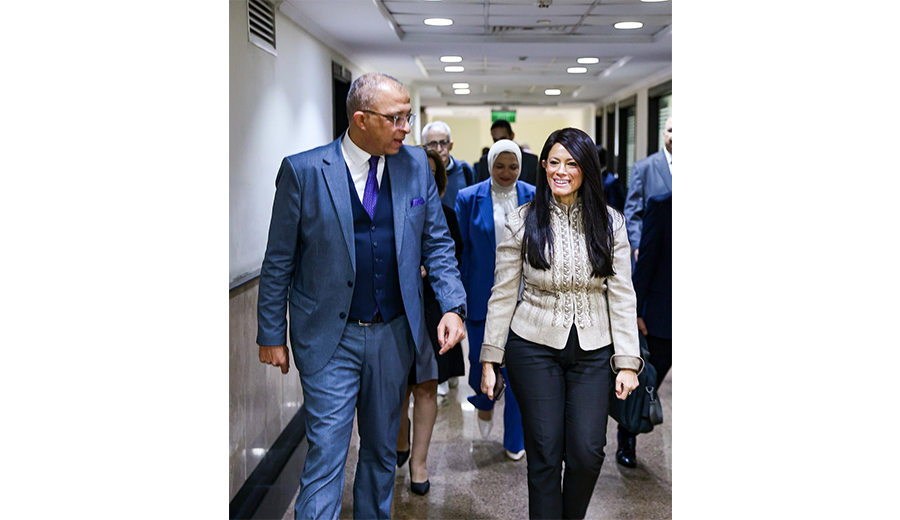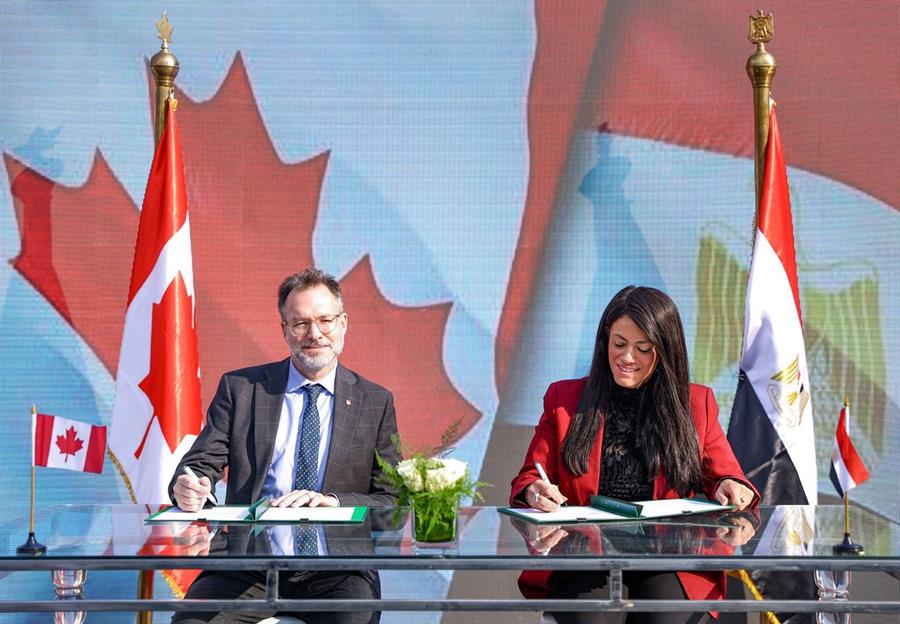The Ministries of Planning, Health hold a workshop to announce the start of the first phase of automating the death and birth notification form in hospitals

05 October 2021
The Ministry of Planning and Economic Development held a workshop to announce the start of the first phase of automating the death and birth notification form in hospitals and linking it to the birth registration system for deaths in health offices in cooperation with the Ministry of Health and Population and the World Health Organization WHO.
Dr. Hala El-Said, Minister of Planning and Economic Development, explained that the development of notification forms for registering births and deaths in hospitals and linking with the birth and death registration system in health offices came in line with the Egyptian state policy and implementation of the political leadership’s directives, in the field of digital transformation and the mechanization of services provided to the Egyptian citizen following Egypt’s vision 2030.El-Said stressed the continuation of efforts to develop and raise the efficiency of services provided to citizens, which would enable workers in health facilities to provide services with ease and ease in a manner that ensures the quality of services provided to citizens.For his part, Engineer Ashraf Abdel Hafeez, Assistant Minister of Planning and Economic Development for Digital Transformation, said that the program comes within the framework of the existing cooperation protocol between the ministries of planning and health, which aims to improve the level of health services to ensure the provision of primary health services to all citizens.The program also comes to simplify procedures, provide government health services and prepare cadres capable of dealing with modern management methods, and have a spirit of innovation and development, in addition to providing mechanisms for exchanging data and services with various government agencies through the digital converter for the Egyptian government G2G.Abdel Hafeez added that when developing the initial vision for the implementation of the program, the main objective was to link the sectors of the Ministry of Health and Population with other concerned authorities and ministries in this regard, and the permanent and continuous development of the program and the permanent partnership to provide all accurate statistical data for decision-makers.
He stressed that the program is the result of extended and continuous cooperation, and a continuous effort between the Ministries of Planning and Economic Development, and Health and Population, adding that, following the directives of the Ministers of Planning and Health, support has been provided to all entities that directly provide services to citizens.It is noteworthy that the results of the partnership between the Ministries of Planning and Economic Development and Health and Population have provided health offices with a total of (4,600) office devices and equipment, and all offices have been linked to a unified database to facilitate the entry process and link it to the application for registering births and deaths, which is developed periodically in line with the work cycle in the offices.









